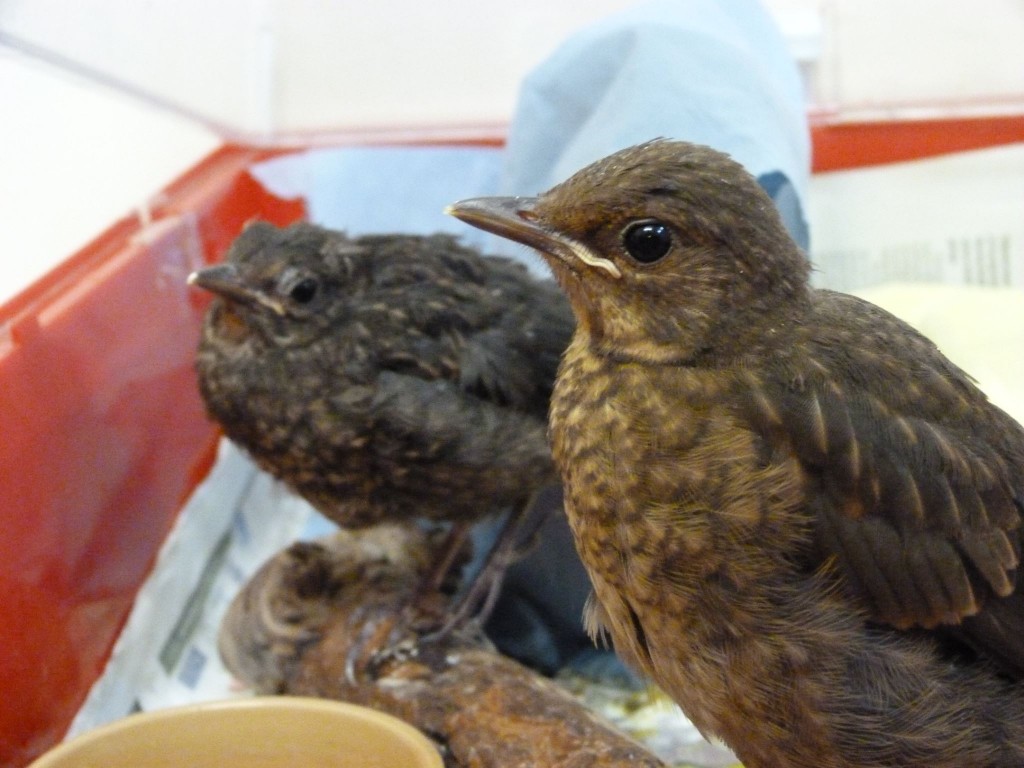
A surge in casualties is stretching a Sussex animal hospital to the limits as the busy spring and summer season begins.
Volunteers and part-time staff at East Sussex Wildlife Rescue & Ambulance Service (WRAS) have been rushed off their feet since the beginning of Easter dealing with an average of 25 calls for help per day.
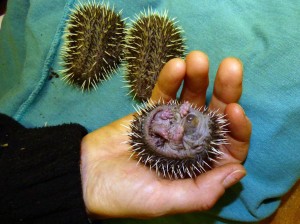
The dedicated Care Team and rescuers from WRAS's Casualty Centre at Whitesmith between Hailsham, Uckfield and Lewes are working long hours and through the night on occasions to help Sussex's precious wildlife.
In the past week the Care Team has been looking after scores of blackbirds, starlings, blue tits, dunnocks, pigeons, doves, ducklings. In addition, a number of baby hedgehogs were rescued at Firle after their nest was disturbed by a dog and their mum abandoned them. A gosling had to be taken in after getting lost from its parents near Hampden Park.
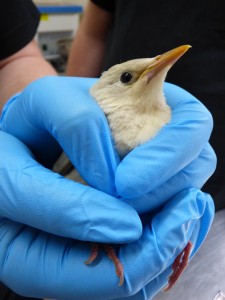
A leucistic starling was rescued after being caught by a cat in Uckfield and 6 great tit nestlings were brought to WRAS after their nest inside an air conditioning unit was disturbed and their parents abandoned them.
A hedgehog was picked up after being found out during daylight and using WRAS's ultrasound she was discovered to be pregnant. A young woodpecker was picked up in Battle after being found grounded.
"This is my first year organising the orphan rearing, and it's been manic. We are seeing a lot of casualties coming in after being picked up by cats, and it's heart breaking when you lose one to septicaemia caused by the bacteria from the cat's teeth and claws," said Lindsay Redfern BSc Hons, one of WRAS's Casualty Centre Managers and Orphan Rearing Team Leader.
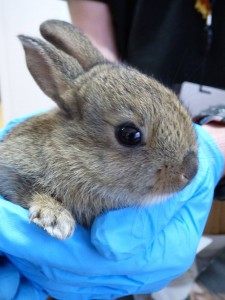
WRAS's Care Team are working long hours on call for emergencies and dealing with the care of animals already in WRAS's Casualty Centre. "It's not uncommon for us to work our paid hours which are usually 6 hours a day and for us to work on till late at night dealing with rescue. Most days we volunteer more hours than we are paid for, but we wouldn't do it if we didn't love it so much," said Chris Riddington, WRAS's Casualty Centre Assistant Manager and rescuer.
"We love volunteering at WRAS and last week being able to help rescue the badger at Poynings and the Swan at Brighton Marina was an amazing experience, you finish at the end of the day buzzing with excitement and joy of being able to help these amazing creatures," said Andrew Loftus, WRAS Feed and Clean Shift volunteer and Rescuer.
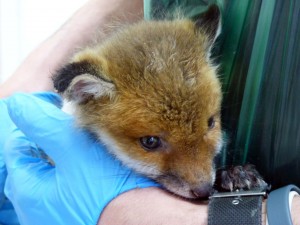
"We get a wide range of calls and it can be very frustrating when someone calls just wanting us to 'get rid' of a wild animal or bird visiting their garden, demanding that it is brought into care when it should be left, like fledgling birds for example. We often are then told we 'don't care' as a result, when we are just advising people what to do in the best interest of the animal," said Kathy Martyn volunteer member of WRAS's Care Team and Hedgehog Co-ordinator.
"Sadly not all casualties make it despite our Care Team and vets working hard to save them. We lost a young fox cub last week after spending a week battling to support it, trying to allow the antibiotics a chance to work, as well as a hedgehog road casualty which we had on oxygen and medication. We have lost two foxes recently after they came in suffering from poisoning. You try hard not to get attached but it is so difficult and we all end up having a cry from time to time," explained Trevor Weeks MBE founder of WRAS from Uckfield.
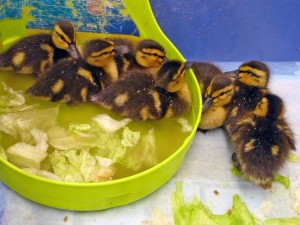
"The best part is when you get a chance to release casualties back to the wild. Seeing all our hard work paying off and seeing a gull or hedgehog go off back to the wild is great, we get such joy from seeing their faces. They might not stop to say thank you but we know they are glad to be home and back where they belong. It does the soul good!" said Lisa Barrow, Feed and Clean Shift and rescue volunteer from Brighton.
WRAS is funded by volunteers and donations from the public and relies on this funding to keep the service running across East Sussex. The charity receives between 2-3,000 calls for help every year, and struggles to cope with the workload.
WRAS has expanded and improved its facilities again for the fourth year in a row to try and help as many people as possible and has already taken in more orphaned birds this year than it was able to last summer.
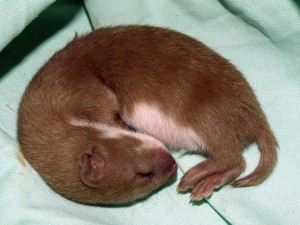
"It's really heart warming when you meet people who tell you what a great job we are doing and reach into their pockets and give a donation to help support our work. These people really lift us when we are down after losing a casualty.
I know we are not able to help everyone but we try our best to help as many as possible. I wish we could do more, but we need to ensure that the casualties we are able to take in are properly looked after and cared for working closely with are veterinary team," added Trevor, "please support our volunteers, rescuers and care team to look after our casualties by making a donation, this is a very expensive time of year for us."
You can find out more about our work on our facebook page.
To make a donation please call 01825 873003 during office hours or post a donation (cheques made out to East Sussex WRAS) to East Sussex WRAS, PO Box 2148, Seaford, East Sussex, BN25 9DE. You can also donate online.
- END -
Editors Information
East Sussex WRAS was established as a voluntary group in 1996 and became a registered charity in 2005. Founder Trevor Weeks MBE has been undertaking wildlife rescue and conservation work since 1985.
East Sussex WRAS is an award winning charity having picked up a BBC Sussex & Surrey Community Heroes Award, an IFAW Animal Action Award and the Local Charity of the Year Award in the ITV1 British Animal Honours 2013.
WRAS has over 70 volunteers and just 4 part time paid members of staff who work on minimum wage and work more hours a voluntary basis then they do paid hours The average cost of being on call for and responding to a single call-out is £75 but WRAS does not charge for its service relying on donations.
Press contact:
Trevor Weeks MBE - East Sussex WRAS: 01825 873003 or 07931 523958
